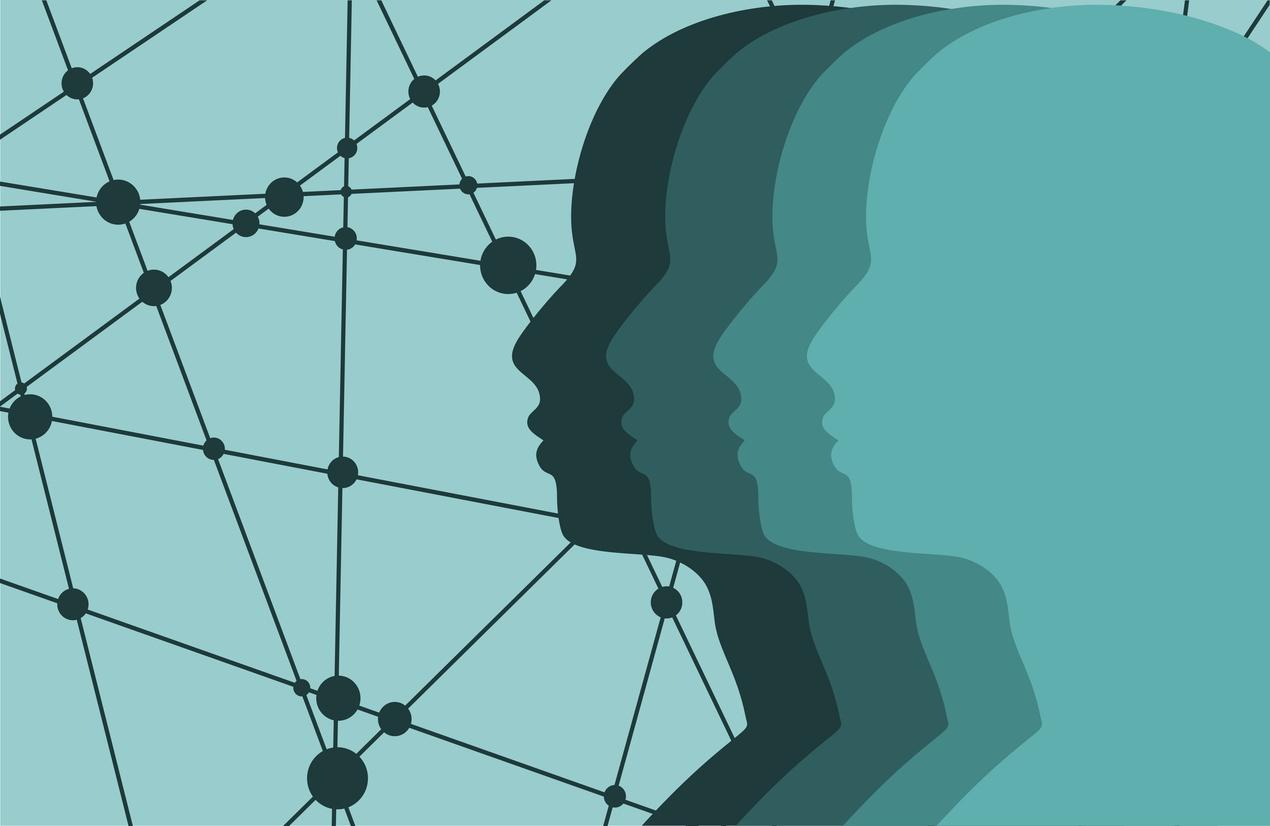Stanford Impact Labs Grows Portfolio of Investments in Solutions-Focused Social Science Research
Five funded teams will launch, expand, or evaluate solutions in AI, health, education and social mobility, and wealth inequality.

Can an intervention designed to help people in mental health crisis adhere to prescription meds reduce involuntary hospitalizations and ultimately save lives? In an age of extreme wealth inequality, can a state-run mechanism designed to build financial savings for kids from low-wealth families expand real access to opportunity? Can an evidence-based maternal-newborn standard of care be adapted to a community model that expands its impact and decreases neonatal mortality?
These are just a few of the pressing questions that five teams of researchers, working in close collaboration with government agencies, school districts, healthcare organizations, and the nonprofit sector will seek to answer over the next three years with the support of Stage 1 or Stage 2 funding from Stanford Impact Labs (SIL).
By making staged and sequenced investments in research teams from schools and units across Stanford University working to explore, design, test, and scale real-world solutions to pressing and nuanced social problems, SIL funding catalyzes the evolution of meaningful and measurable solutions to such problems.
Today, we are delighted to announce the five most recent additions to our $27.4M portfolio of 42 investments.
Despite the growing evidence that extreme wealth inequality is a fundamental source of unequal opportunity and racial inequities, there are still no major U.S. social programs or policies designed to reduce wealth inequality. Baby bonds represent a relatively recent intervention that seeks to address this policy gap by providing children born into low-wealth families with trust funds that they can access when they enter adulthood.
The aim is to give young people a “floor” of financial assets designed to facilitate success in future-focused investments like education or entrepreneurship and to help ensure that financial emergencies do not disrupt their life trajectories. California recently committed to launching a baby bonds program, and this project will measure the impact of the program as it is launched and implemented over the next three years.
Community-based Kangaroo Mother Care
Over 640,000 newborns die annually in India, and many of these deaths could be prevented through evidence-based interventions. Kangaroo Mother Care (KMC) is one such intervention. KMC, which promotes skin-to-skin contact and exclusive breastfeeding, has been shown to reduce neonatal mortality by up to 54% when implemented alongside essential newborn care.
This project seeks to develop and evaluate a scalable model for providing community-based KMC that addresses the needs of vulnerable newborns in their homes and communities, integrates local practices with scientific evidence, and can be adapted across diverse settings.
Healthcare organizations are increasingly interested in how artificial intelligence (AI) tools can be used to improve care, ease clinicians’ workload, and improve efficiency. However, existing uses of AI in medicine show that significant ethical problems can arise and three-quarters of adults in the U.S. worry that AI tools will be deployed too quickly, before risks are adequately assessed.
To address these challenges, this project will develop and test a rigorous, yet rapid and practicable, process that healthcare organizations can use to proactively address ethical challenges with AI tools. The team seeks to empower healthcare providers, including smaller and lower-resourced institutions, to strengthen their governance of AI and avert harm to patients and clinicians.
Improving Medication Adherence to Reduce Involuntary Hospitalizations
Involuntary hospitalization of people experiencing a mental health crisis occurs at an annual rate comparable to the rate of imprisonment in state and federal prisons. Individuals who are involuntarily hospitalized face elevated risks of adverse outcomes. One major obstacle standing in the way of better outcomes for many of these patients is medication non-adherence.
Financial incentives, through contingency management, have been found to be an effective way to initiate and sustain behavioral change for people struggling with drug addiction. This project seeks to understand if financial incentives can help patients with schizophrenia or bipolar disorder adhere to prescribed medication, specifically in the form of long-acting injections, and thereby decrease the rate of difficult and costly involuntary hospitalizations and the resulting adverse outcomes.
The Lifting the Bar project supports strong relationships for youth in difficult circumstances by providing a platform for a student to build a connection with an educator of their choosing, thereby creating environments of belonging. This work began ten years ago in California in partnership between university researchers and school district administrators to better support students making the transition from juvenile detention back to school.
The success of an initial, SIL-funded randomized controlled trial and enthusiasm from school districts across the country has led the team to adapt Lifting the Bar for other student groups who are at risk for being mis-seen or unseen, including foster youth, students caught with substance use in school, English language learners, and students with refugee backgrounds.
Stage 1: Seed Partnerships funding offers impact labs up to $350,000 to support early-stage work to better understand a social problem and deepen external partnerships in a way that creates a clear path to testing solutions.
Stage 2: Test Solutions offers $350,000 to $800,000 per impact lab over a maximum of 36 months to support partnership-based work that involves the design and testing of a concrete solution to a well-defined social problem.
